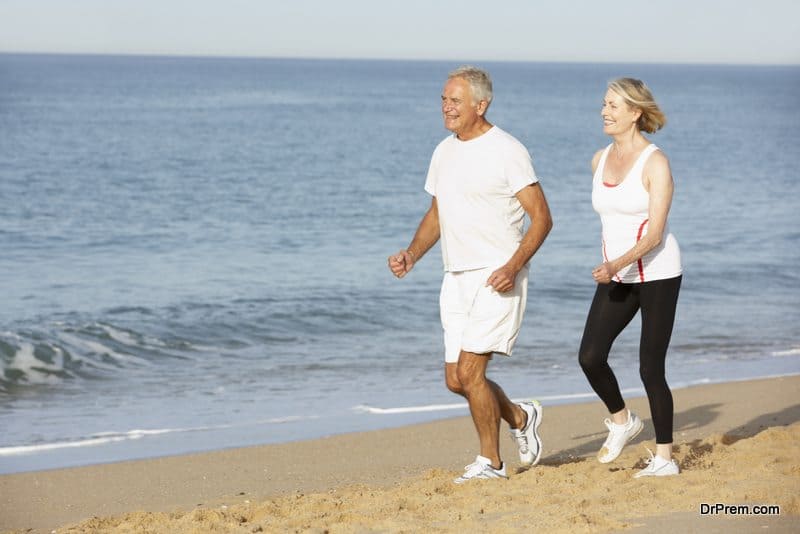Is the dietary recommendation of the protein requirements for older adults enough to maintain a quality life? Many national organizations and experts suggest a higher protein intake for the elderly than that recommended but how to judge the optimal intake?
One should have a thorough understanding of why is protein important for elderly

With aging, the responsiveness to the stimulus of low doses of amino acids decreases when compared to that of the young adults. In that case, protein requirements for older adults may be higher to generate the responses.
What are the recommendations for Protein requirements for older adults?

In a 2013 review, an international expert panel recommended an average 1.0-1.2g/kg/day protein intake for those aged 65+ and even more for those who are active and perform regular physical workouts.
This may answer why is protein important for elderly. However, it is estimated that about 38% of men and 41% of women have a dietary protein intake below the RDA level. One has to understand that these recommendations are based on studies which give an estimate of the minimum protein requirement to maintain nitrogen balance. The results of these studies, however, do not consider the physiological outcomes related to healthy aging.
The study reveals eating more protein may not help older adults:

The randomized placebo-controlled double blind clinical trial named as Optimizing Protein Intake in Older Men (OPTIMen) included men aged 65 or more. They were given a protein diet of 0.8 g/kg/day and a placebo injection, 1.3g/kg/day and a placebo injection, 0.8 g/kg/day and a weekly testosterone injection and 1.3g/kg/day and a weekly testosterone injection.
It was found that a higher protein diet beyond the recommended levels had no additional influence in lean mass, muscle performance, fatigue and other wellness metrics. The conclusion of the study does not question why is protein important for elderly but clearly suggests that higher intake is not going to fetch additional benefits.
The EAA (Essential Amino Acid) threshold decides the optimum protein requirement for older adults:

Several studies establish that maximum stimulation of protein muscle synthesis is achieved with 15 grams of EAA which implies about 35 gram of high-quality protein in every meal. In case of low-quality protein, a higher amount may be required to achieve the optimal amount of EAA. Additional non-essential amino acids in the diet containing EAA would not result into additional stimulation of muscle protein synthesis.
The amino acid profile matters most:
Considering the protein requirements for older adults, the quality of protein intake would be the key determinant in maintaining the muscle health and overcoming muscle weakness. Studies show that ingestion of milk protein stimulates muscle protein synthesis to a greater extent compared to ingestion of soy protein since EAA content in milk protein is higher.
Studies from the Health Aging and Body Composition also support that intake of animal protein with higher EAA content has a greater benefit of preserving lean muscle mass in older adults when compared to the intake of plant protein.
Along with the protein intake, the total energy intake by older adults should be considered since a progressive decline in BMR is observed with aging. There is a subsequent loss of fat-free mass or muscle and gain of less metabolically active fat.
In view of this, it is important to consider the total caloric intake else it may cause obesity. To meet the required EAA content, the caloric intake from plant protein may be higher than the animal protein. You can get all the necessary guidance you need on protein supplements in order to make the right choice.





